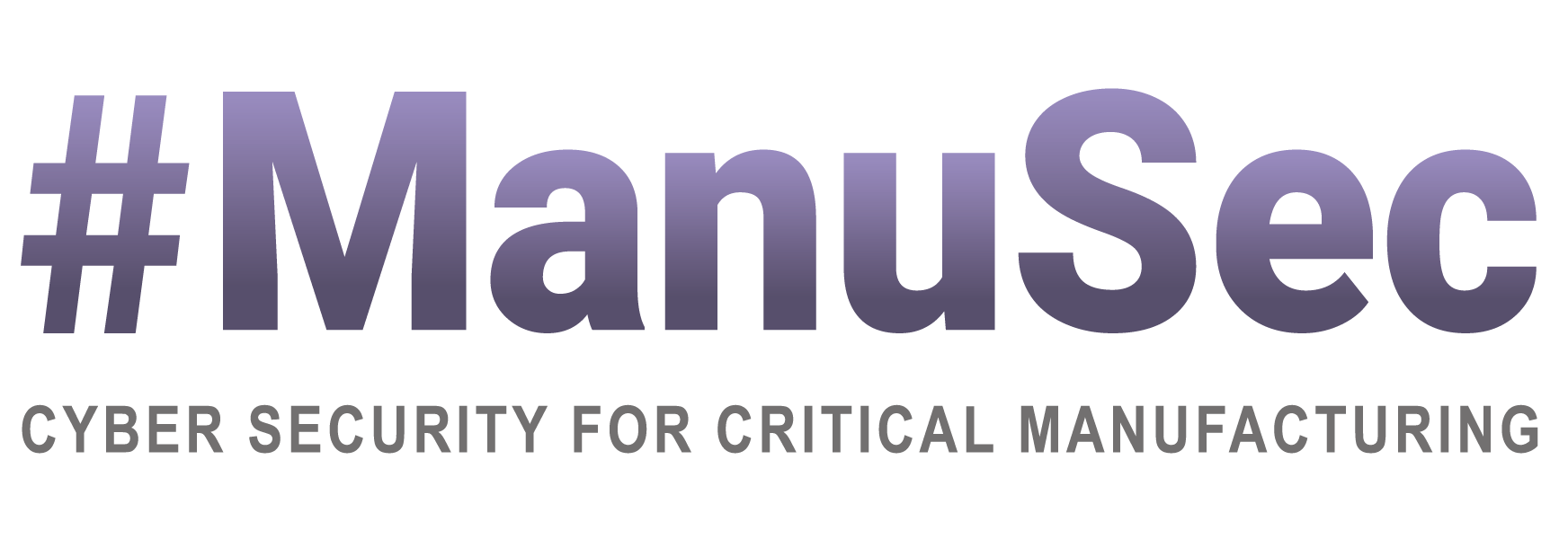With more start-ups and tech professionals per capita than any other country, it is no question that Israel is a booming cyber-tech hub of innovation. But how does a country with a population roughly the same as that of New York City -and a limited budget- manage to compete with the USA in cybersecurity investment? There are four ingredients in Israel’s recipe for success that can help answer this question:
1) Pressure to develop
Established in 1948 under adverse political conditions, Israel is a small country with limited resources and a turbulent history. The country’s lengthy instability has put the development of superior military technology on top of its agenda and pushed it to excel with meagre resources.
Unfortunately, war has been Israel’s main driver. But now, this push to excel and innovate is paying off in other sectors of society aside from the military – earning high marks from the WEF on their latest Global Competitiveness Report for entrepreneurial risk and growth of innovative companies, Israel is, after all, Start-Up Nation.
2) Innovative thinking
In 2010, Prime Minister Benjamin Netanyahu requested professor Ben-Israel to craft a 5-year plan to tackle national cyber threats. The Professor, understanding that it was impossible to predict 5 years of cyber developments, proposed uniting the government (including the military), businesses and universities to collaborate on this challenge. This, he thought, would create an ecosystem that “will know what to do when unpredicted threats come” [Forbes].
Traditionally, the global approach to cybersecurity has been reactive and segmented, with specialized units acting independently to identify potential attackers and tackle different challenges. Israel’s approach, instead, is proactive, interdisciplinary, and long-term oriented. As the professor’s response suggests, they don’t aim to deal with a threat. They aim to deal with the unpredictability of threats.
3) Interdisciplinary education
Although cybersecurity requires technological solutions, its problems are not technological in nature, explains Ben-Israel. Diverse perspectives and an interdisciplinary approach are necessary to account for the different domains of threats -legal, psychological, sociological, and economic.
An example of diversity is the IDF’s population itself, with a regular flow of recruits from all corners of Israel joining to collaborate in tackling military challenges. Their distinctive perspectives spark innovative solutions and are valuable assets. Even more valuable if you consider that cybersecurity is on the radar of Israelis from a young age.
Israel was the first country in the world to offer cybersecurity as an elective in high-school – just when students are being screened for their mandatory military service. And when the time to pick an academic degree arrives, cybersecurity is still an option: Israeli universities are pioneers in cybersecurity programmes as independent disciplines, not a computer science subject.
The IDF’s strict regimen of nurturing young talent, combined with the government’s investment in cyber security education, pays off to the State of Israel: they might never have to worry about a talent gap in cybersecurity – something already troubling the rest of the world.
4) Responsibility with freedom
On top of context, experience and education, there must be more to why Israelis turned their country into Start-Up Nation and cybersecurity global leader. Here’s a hypothesis: the sudden responsibility of working in the army, coupled with huge amounts of freedom to innovate, result in confident entrepreneurs.
In Richard Behar’s words, “Forbes estimates that unit 8200 has, at any given time, 5,000 people assigned to it, all mandated to deploy the latest technology, often in life-or-death situations, with surprisingly little guidance.”
Some might argue that it is dangerous and irresponsible to place too much military responsibility on the hands of people who, in other countries, aren’t even allowed to drink alcohol. Others might say that this is what builds their confidence to actually take their innovative ideas, experience and education into the entrepreneurial world afterwards.
Gil Press, Contributor at Forbes, explains that “the young people serving in 8200 and similar IDF units experience real-life and leading-edge cybersecurity challenges and solutions. But as these units work like start-ups, they also get to experience teamwork, leading other people, having responsibility for making significant decisions, and surviving failure, all a great preparation for entrepreneurial life.”
Avishai Abrahami, co-founder of WIX and alumni of 8200, talks about his time spent serving at 8200: “There’s nobody around to tell you how to do things. The culture inside, by design, is that your superiors just tell you to go figure it out. That gives you the huge freedom to think differently. And when you’re an entrepreneur, that’s the most important skill. When you do 5 or 10 or 20 of those projects, you’ve just built 3 things that could be a start-up.”
Prioritizing security and with ingredients such as innovation, cybersecurity education, military intelligence experience, and confidence in their entrepreneurial capabilities, Israel has crafted its own recipe for becoming Start-Up Nation and cybersecurity leader. Its population might be roughly the same as that of New York City, but in terms of innovation, technology, and competitiveness… Israel is huge and rising.
#
Written by Paula Magal for Qatalyst Global. Sign up for Qatalyst Global’s newsletters for more content like this and follow them on LinkedIn to be the first to know about upcoming discounts on conference passes.




